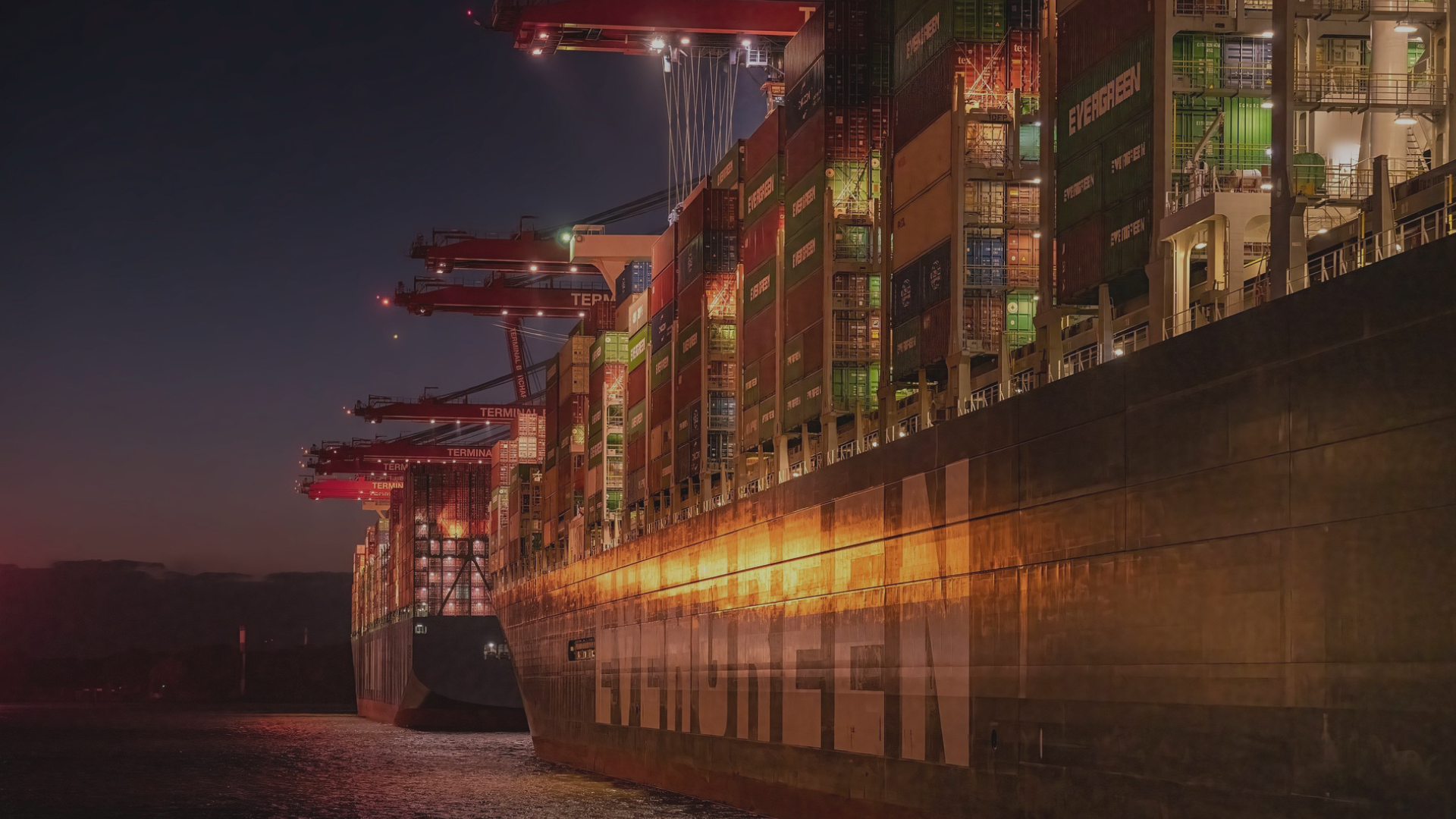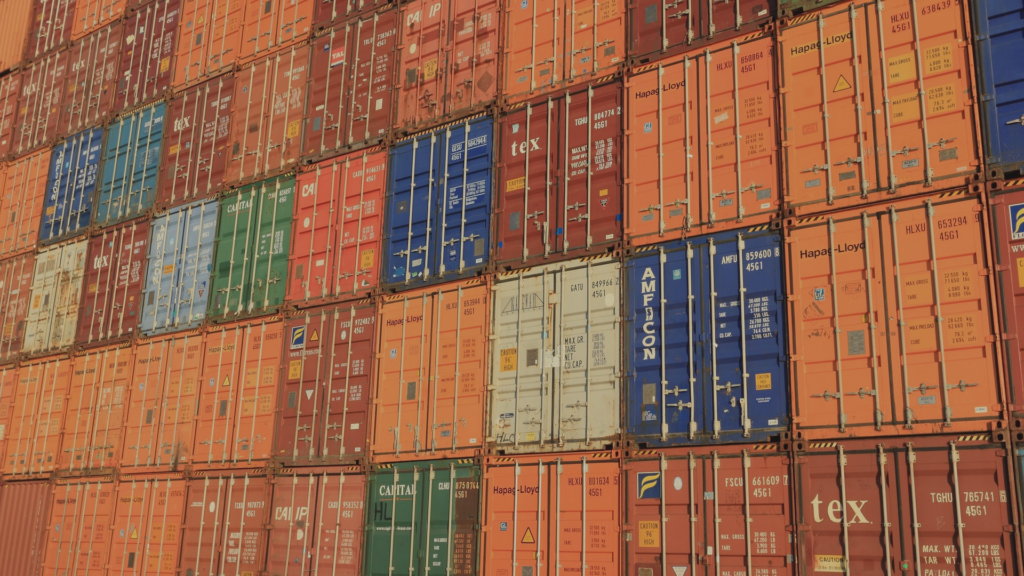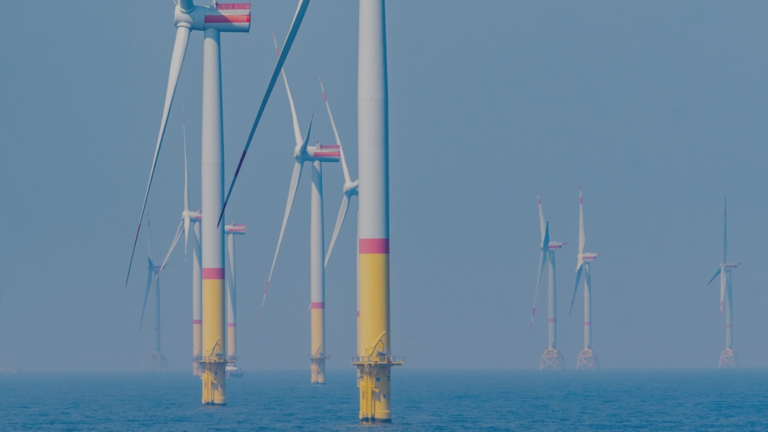Global Energy Transition Investment Reaches $2.3 Trillion in 2025 as Corporate Decarbonization Pressure Intensifies
- Topics :
How IMO’s Net Zero Framework Delay Ripples Through Energy Infrastructure
Published October 20, 2025

The International Maritime Organization (IMO) has voted 57 to 49 to delay by one year the adoption of its Net Zero Framework, a policy package that would have established the world’s first global carbon-pricing and low-carbon fuel standard for the shipping sector. This framework, expected to start shaping regulations by 2028, was designed to send strong market signals for clean fuel adoption and port electrification. The decision to postpone may appear narrow in scope, but it reverberates across global energy systems. Shipping accounts for nearly 3% of global greenhouse gas emissions, and its fuel transition is directly linked to industrial power, logistics energy use, and port infrastructure. The delay, therefore, slows progress not only for maritime operators but also for the broader network of energy-intensive facilities connected to global trade.
The Shipping–Energy Nexus
Shipping remains one of the most energy-intensive global industries, consuming over 300 million tonnes of fossil-based bunker fuel annually. As global trade volumes increase, the link between shipping emissions and port-side energy demand becomes even more apparent. Ports are no longer just transportation nodes; they are evolving into energy ecosystems that include grid interconnections, on-site renewable generation, and electrified logistics operations. Initiatives such as shore-power systems, which allow vessels to plug into clean electricity while docked, depend heavily on regulatory clarity. When international carbon-pricing frameworks are delayed, infrastructure investments often stall. For utilities and municipalities planning to modernize port areas, uncertainty over fuel standards can halt projects in distributed energy, hydrogen hubs, and microgrid development. The shipping-energy nexus illustrates how global policy decisions cascade into local grid and infrastructure planning.

Inside the Net Zero Framework and the Decision to Delay
The IMO’s Net Zero Framework aimed to establish a mandatory carbon price for maritime fuels and introduce a phased reduction in the greenhouse gas intensity of shipping energy use. It was widely expected to begin influencing investment decisions as early as 2026, with compliance mechanisms and fuel standards taking shape around 2028. However, the October 2025 vote reflected a sharp divide among member states. The United States, China, and several developing economies led the call for delay, citing concerns over economic burden, technological readiness, and uneven access to alternative fuels. European Union countries, small island developing states, and environmental groups like the Environmental Defense Fund (EDF) argued that postponement undermines global decarbonisation momentum. According to EDF, the delay represents a missed opportunity to align shipping with the goals of the Paris Agreement. The narrow vote underscores the tension between ambition and implementation in international climate governance.
Implications for Energy-Intensive Infrastructure
The postponement affects multiple layers of energy infrastructure development. Port authorities and energy companies that were preparing for stricter emissions targets now face an investment gap. Electrification projects, from large-scale grid interconnections to hydrogen refueling terminals, may experience slowed deployment. Industrial sites, warehouses, and cold storage facilities near ports are also indirectly affected, since many rely on forecasts of future carbon costs to guide their retrofit decisions. The delay leaves corporations uncertain about long-term Scope 3 emission accounting and carbon budgeting related to maritime transport. At the same time, alternative fuel markets such as hydrogen, ammonia, and methanol lose policy momentum. Without a clear global framework, investors may shift focus toward regions with established maritime decarbonisation schemes like the European Union’s FuelEU Maritime regulation. These dynamics extend to the building sector as well, where energy managers depend on clear price signals from carbon markets to justify electrification and efficiency retrofits.

Strategic Actions for Energy and Facility Managers
Organizations with operations tied to shipping and logistics can still act strategically during this policy gap. First, scenario planning should be expanded to incorporate multiple fuel-cost trajectories and carbon pricing outcomes. Second, energy data visibility must improve across entire supply chains, allowing facility managers to understand how shipping-related emissions interact with building energy consumption. Third, engagement with local port authorities and utilities can ensure alignment with ongoing decarbonisation projects, even in the absence of global mandates. Finally, early adoption of modular energy systems such as microgrids, battery storage, and electrified vehicle fleets can provide resilience and cost stability while regulations evolve. The 2026 IMO review will likely revisit the Net Zero Framework, and organizations that use this period to prepare data systems and flexible infrastructure will be positioned ahead of compliance requirements.
Conclusion: Policy Delay, Strategic Opportunity
The IMO’s decision to delay its Net Zero Framework reflects both the challenge and the necessity of coordinating global energy transitions. While immediate progress may have slowed, the direction of travel remains clear. The shipping industry’s decarbonisation will continue to influence how ports, industrial facilities, and buildings plan their energy systems. The delay is a temporary pause, not a reversal. Stakeholders who view it as an opportunity to strengthen data infrastructure, refine retrofit strategies, and engage with energy networks will find themselves ready for the next phase of regulation. Global shipping decarbonisation is inevitable, and the organizations that act now will lead when momentum returns.
References
- Reuters: US and Singapore call on UN to delay carbon shipping price vote amid member splits
- S&P Global: IMO member states delay green bunker talks by a year amid US pressure









